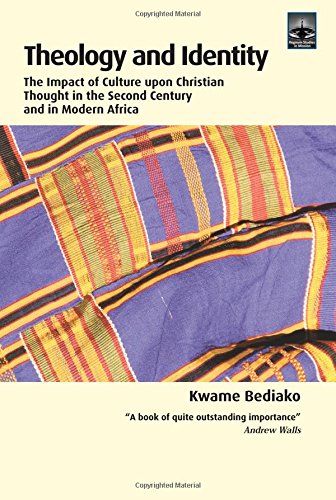The First Epistle to the Corinthians (Epworth Commentaries)
Written by Nigel Watson Reviewed By A.C. PerrimanIn his introduction Nigel Watson sets out his broad understanding of 1 Corinthians as a sustained attempt on Paul’s part to correct a series of Corinthian misconceptions of the gospel. These various distortions can be attributed, he believes, partly to the assimilation of the gospel to Hellenism, and partly to a natural human tendency to play down its more challenging aspects. It is chiefly in this latter respect that the letter is thought to have a message for successive generations. Such a schematization of the letter’s contents is valuable and probably, necessary in a commentary of this nature, not least because it encourages the student to look for the significance of the whole. The drawback with it is that one is left with the impression that the letter is addressed in the abstract to a set of conceptual and doctrinal issues rather than concretely to a church. To my mind the commentary would have had greater relevance to the modern reader if at this point not just the beliefs of the Corinthians had been delineated but also something of the cultural and personal circumstances in which they arose. Also, virtually no consideration is given to literary-critical or stylistic issues in the introduction.
The commentary itself is rather conventional in its verse-by-verse approach, but clear and well laid out. Most of the chapters are afforded brief introductions and certain topics are developed through extended notes. Watson’s professed exegetical method—to establish first his own interpretation of the passage and only then to turn to the commentaries—is effective. He is not afraid to make reference to the wider scholarly context—this appears to be one of the main differences between the Epworth series and the Tyndale commentaries—but not to the extent of obscuring the consistency of the individual perspective. Gordon Fee’s recent New International Commentary on 1 Corinthians appears to have been particularly congenial to Watson’s exegetical judgment. Inevitably, however, this approach also works as a limiting factor, filtering out some important critical concerns. Noticeably absent from the commentary, for example, is any overt assessment of the history-of-religions context for our understanding of either Paul’s or the Corinthians’ ideas; and, again, apart from a few comments on chapter 13, it is difficult to gain any sense of the letter as a literary object.
Whether these omissions count as deficiencies depends, of course, on what one expects this sort of commentary to offer. The intention behind this book has clearly been to guide the general student through Paul’s letter, to clarify what appears in the text, not to initiate him or her into the mysteries of the wider academic debate. In this respect Watson must be judged to have produced a very readable and useful commentary, in effect a digest of current evangelical opinion. It is doubtful, however, whether it meets the broader objective, expounded in the general introduction by the series editor, Ivor H. Jones, and echoed on the back cover, of suggesting ‘ways in which Scripture can help towards the living of a Christian life today … in ecumenical, multiracial, and multifaith situations’. The occasional quotation from writers such as Iris Murdoch and G.K. Chesterton gives the commentary little more than a superficial air of literary savoir faire, and it has to be said that any special relevance it has to the bewildering pluralistic context in which churches in the West now find themselves remains largely implicit. It would have been interesting to have found a rather more informed and persuasive presentation of the relevance of Paul’s letter to a church still torn apart by rivalry and distrust and beset on all sides by sexual immorality and a resurgence of pagan spirituality.
A.C. Perriman
Amsterdam







